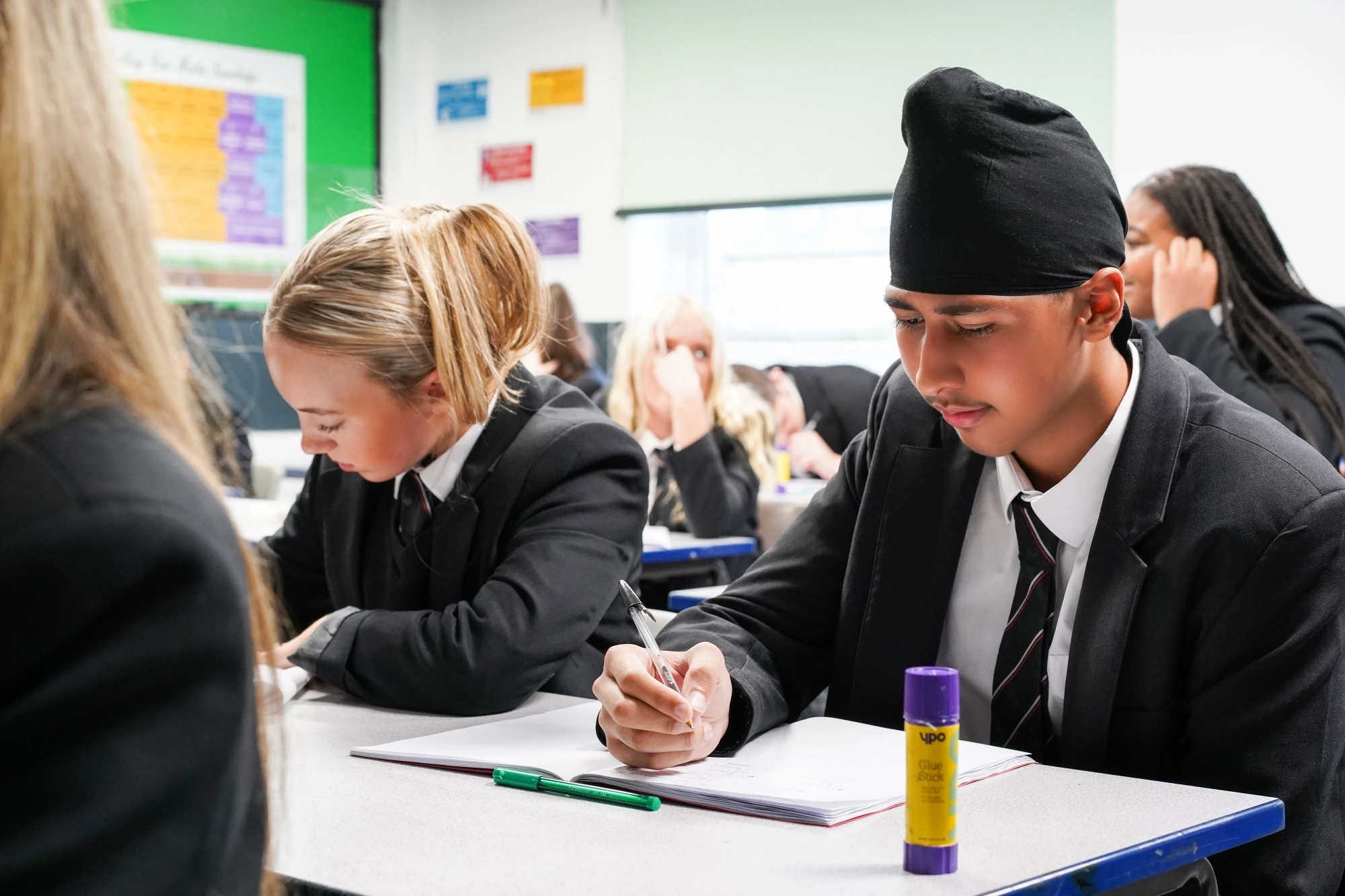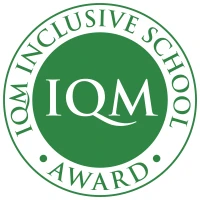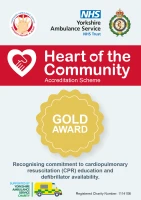Geography
‘Geography is the subject which holds the key to our future.’ Michael Palin
Curriculum Principles
Geography is unique in bridging the social sciences and natural sciences. It is the only subject which allows us to understand the contemporary challenges facing our planet, and the dynamic links between places and environments at different scales. Geography helps us make sense of the world around us. Our vision as a department, is that our geography students will be exposed to a fulfilling, knowledge-rich curriculum which will allow them to become well-rounded global citizens.
We aim to provide students with the means to think about the world in new ways – ‘thinking like a geographer’ and to encourage students to foster a full appreciation for the subject and its importance in the world, as well as a ‘love of learning’.
We want to provide students with the geographical knowledge and vocabulary they need to understand contemporary challenges facing our planet and to live their lives as knowledgeable citizens – aware of their own local communities in a global setting. Students will be exposed to geographical enquiry allowing them to deepen their conceptual understanding through reasoning, interpreting data, arguing their point and undertaking fieldwork.
We aim to give students power over their own knowledge- students need to know about the discipline and how knowledge has been developed and tested. Ultimately, students will gain a comprehensive understanding of the subject, beyond simply the national curriculum and exam specifications.
Curriculum Features
The geography curriculum takes a combination of thematic (topic-based) and regional (place-based) approaches. It is structured around a series of geographical themes or threads which weave together to form the curriculum. For example, we introduce a geographical process in Year 7 e.g. Plate tectonic theory (Tectonic Processes thread), then later develop and apply this to a specific place in Year 8 (China - Earthquake). We then develop further (impacts of tectonic hazards) at GCSE and to a greater depth at A Level. Each time a key theme or thread (and the vocabulary which comes with it) reappears it is built upon and applied to new contexts. This helps our students to see the connections between the various geographical processes, locations and concepts.
Students will learn about places, at a range of scales; local, regional, national and international, many that are outside of their own experience, developing their understanding of the world’s diversity of environments, peoples, cultures and economies. Students will develop a global ‘open-mindedness’ so that they can challenge stereotypes and understand the fluidity of key ideas and concepts in the discipline of geography. Field work is also an integral part of to the curriculum. It promotes geographical knowledge and understanding by bridging the divide between the classroom and the real world. Students will have the opportunity to carry out studies in the school grounds, the local nature reserve, Blubberhouse Moor, Leeds and Naples.











